18 Jun Can you learn from reading?
If you are reading something are you learning? I guess most university students would respond with a resounding ‘yes’ but in the closeted world of L&D we don’t really classify reading as a proper learning intervention. True we can all learn something by reading – we probably do this every day when we research stuff on the internet. In this respect reading is probably one of the most common ways that we access informal learning. But it doesn’t deliver when it comes to formal learning and development. Why is this?
One reason I guess is that we are all wired differently and not everyone can be relied upon to learn simply by reading. I don’t want to get into learning styles here but it’s pretty clear that some people will learn better by doing rather than reading about doing.
I learn pretty well from reading, or at least my reading sows the seeds of learning. To really learn something properly I also need to apply it in the context of my own experience. Two people can read a book on time management but each will learn something different and apply that learning to their own situation in quite different ways. The new information or knowledge that is presented to us via the text can create those ‘aha’ moments that lead to real learning.
Donald Clark wrote an interesting post back in 2009 reviewing a book by Professor Pierre Bayard called ‘How to Talk About Books You Haven’t Read’. Here’s a quote from Bayard:
Books have a special status as ‘almost objects of worship’ and non-readers are stigmatised. Yet reading is often non-reading, as we forget most of what we read almost as quickly as it is read. As we forge forward, content is forgotten in the wake of memory that disappears behind. Most reading is forgetting.
I sort of know what Bayard is getting at here. Sometimes I can read a book, get enormous enjoyment from it, but then forget a lot of the detail very quickly. I read lots of stuff on Stalin last year (I am insanely curious about the whole communist experiment) but I can remember almost none of it now. I also read lots of business books – some I want to quickly forget but others do fire off an ‘aha’ moment or two – and sometimes just one really valuable ‘aha’ moment can make the £9.99 a really good investment. If I really want to learn from a book I make notes and draw a mind map. You should see the stuff I have on ‘The E-Myth Revisited‘.
Reading is also very efficient. The human brain has adapted over the last few thousand years to be very effective at translating the visual symbols of writing into meaning. For a really interesting read on the science behind the ‘reading brain’ I recommend ‘Proust and the Squid: The Story and Science of the Reading Brain‘ by Maryanne Wolf. OK I admit I have forgotten most of it already but it did create some ‘aha’ moments.
At the Like Minds Conference in Exeter last year Molly Flat talked about ‘the innovation that is the book’. Her point was that the book is still the best value knowledge sharing device (even if it is delivered via a Kindle) and I think I agree.
As a learning designer who is trying to write a book there are many parallels between the creative process for a book and for an e-learning course. Maybe in the end I will end up with a hybrid of both. But the road is certainly a challenging one.
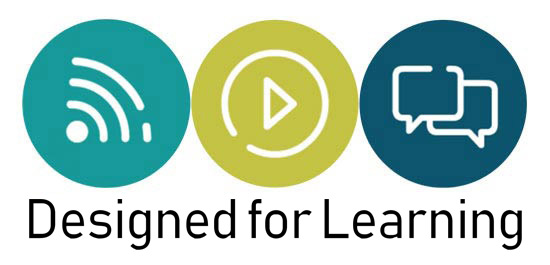
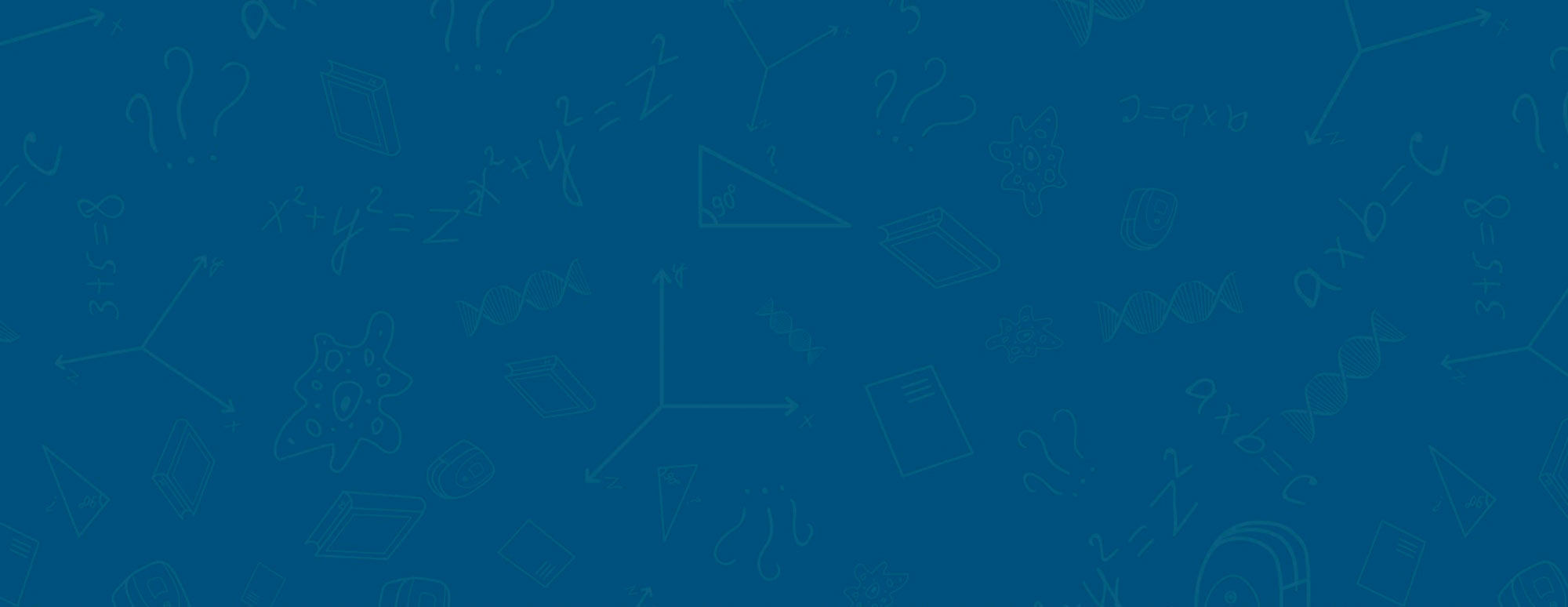


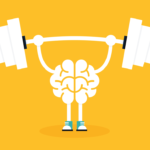
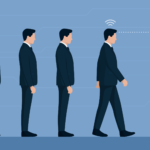
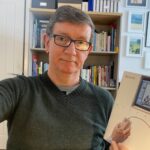
código binance
Posted at 10:45h, 28 FebruaryYour article helped me a lot, is there any more related content? Thanks! https://accounts.binance.com/pt-PT/register-person?ref=S5H7X3LP
откриване на профил в binance
Posted at 07:50h, 15 MarchI don’t think the title of your article matches the content lol. Just kidding, mainly because I had some doubts after reading the article.